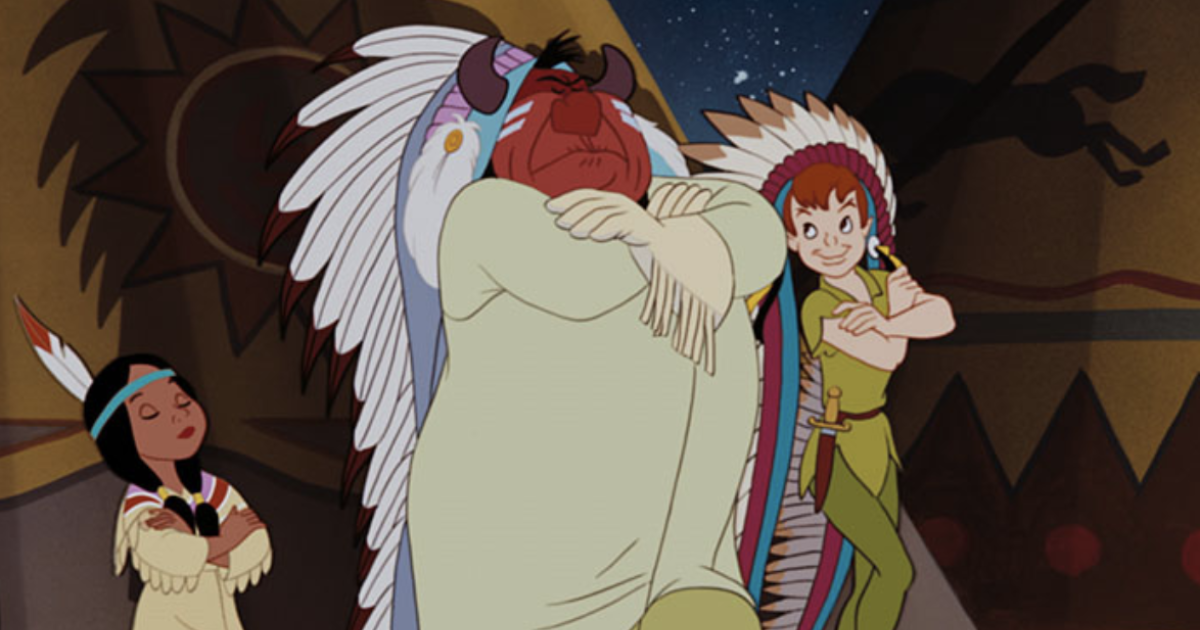Disney is adding a disclaimer to some of its old movies that include racist stereotypes, the media giant announced this month. The company said that while it can’t change he past, “we can acknowledge it, learn from it and move forward together.”
So going forward, several such films on the Disney+ streaming service will include the following advisory:
“This program includes negative depictions and/or mistreatment of people or cultures. These stereotypes were wrong then and are wrong now. Rather than remove this content, we want to acknowledge its harmful impact, learn from it and spark conversation to create a more inclusive future together.”
Disney said the decision is part of its “ongoing commitment to diversity and inclusion.” Rather than removing the offensive content, the company said it hopes to “spark conversation and open dialogue on history that affects us all.”
The movies that will now start with the disclaimer include “Aristocats,” which features racist caricatures of East Asian peoples; “Dumbo,” in which the crow characters perform a musical number in the style of racist minstrel shows; “Peter Pan,” for its stereotypical portrayal of Native peoples; and “Swiss Family Robinson,” in which pirates are portrayed as a stereotypical foreign menace, many in “yellow face” or “brown face.”
The new statement is more strongly worded than one Disney tacked onto the films when Disney+ first rolled out last year. At that time, it simply noted, “This program is presented as originally created. It may contain outdated cultural depictions.” Now, it admits they were not just “outdated” but “wrong” even back then — and that such negative portrayals had a harmful impact in real life.
Disney said it created an advisory council made up of outside experts who helped the company “assess our content and ensure it accurately represents our global audiences.” CBS News has reached out to the Walt Disney Company for more information.
Other companies and brands, like Aunt Jemima and Uncle Ben’s, have also recently taken steps to recognize and distance themselves from racist stereotypes by changing their branding in the wake of widespread protests for racial justice in the U.S.
